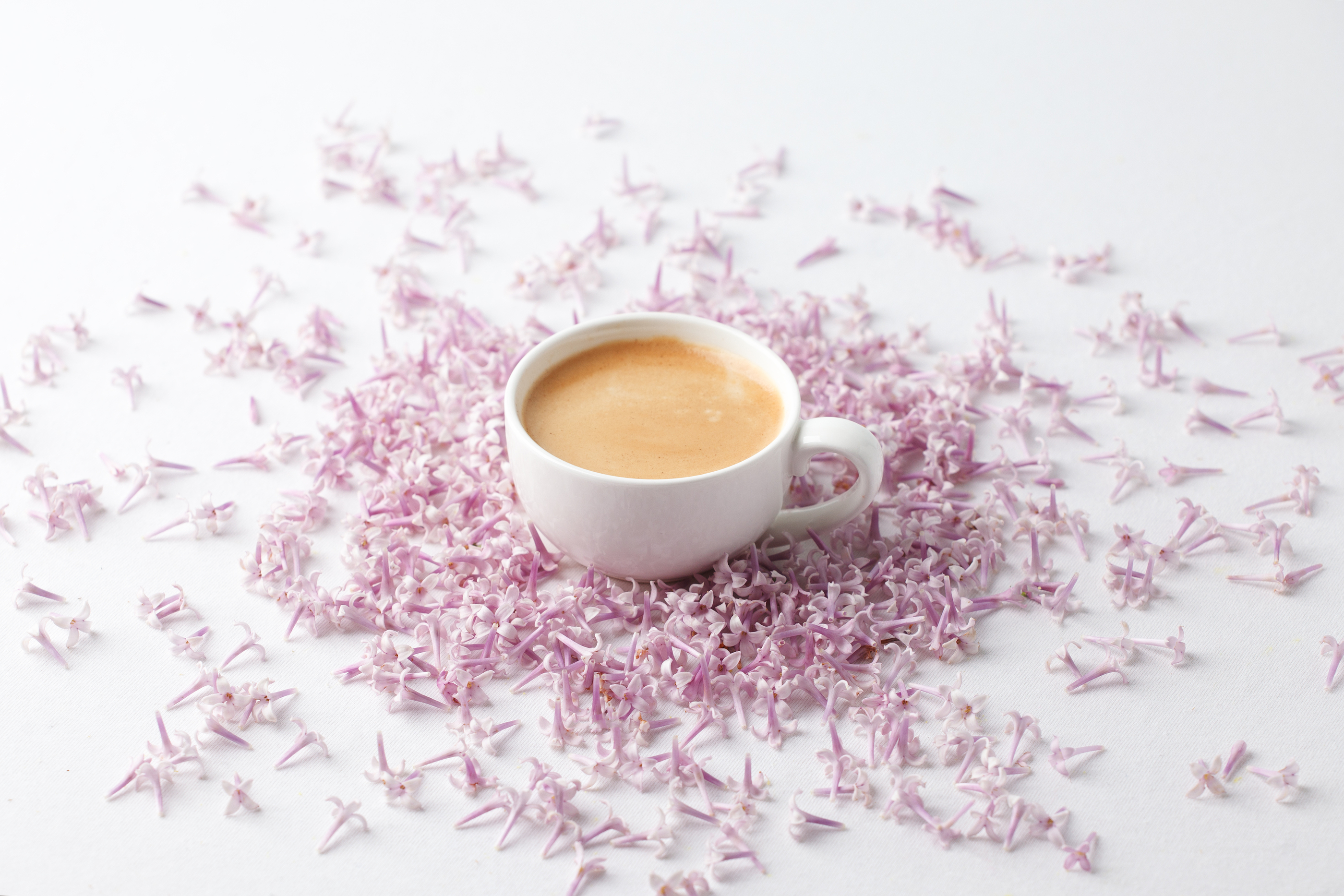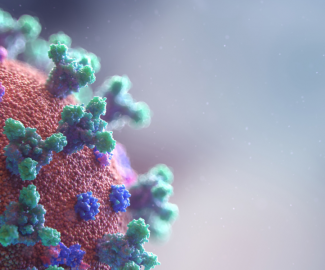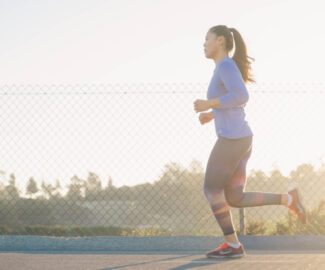
As students throughout my degree we sought out black and white answers and found it to be frustrating when there simply wasn’t. We were often provided an answer of “It depends”. And here I am, about to give you an “It depends”, it’s kind of annoying isn’t it.
Do I drink coffee? Yes, I do, I thoroughly enjoy a long black made with love. Do I drink coffee all the time? No.
I like to take breaks from drinking coffee as I avoid habitual behaviour (unless it’s a solid eight hours’ sleep), but that’s just me. I will also avoid coffee in the latter half of the luteal phase of my menstrual cycle and if life is busier than normal with additional life stressors.
If you find you need coffee to “wake up” or get through the day then it is worthwhile looking deeper into your health with a natural health practitioner. Also, be mindful caffeine is not just in coffee, it is found in cacao/cocoa, cola drinks, energy drinks and chocolate.
Benefits of coffee
- Feeling wakeful and alert
- Social experience of a coffee with friends
- Improved exercise performance and reaction time
- Increased lipolysis which provides fat to fuel muscles for exercise
- Polyphenols in coffee can feed the gut microbiome
- Tastes damn delicious
The not so great side of coffee
- Increased symptoms of anxiety and reduced ability to deal with stress
- Increases stress hormones
- Feeling tired but wired
- Depletes vitamins and minerals including magnesium, iron, calcium and B vitamins
- Short term increase in blood pressure (more so in hypertensive people) and heart rate
- Can increase eye pressure in people with glaucoma
- Heartburn, reflux, diarrhoea and bloating
- Sleep disturbances
When to avoid coffee
- Pregnancy
- Anxiety
- Irregular menstrual cycles
- PMS
- Chronic Stress
- Insomnia
- Gut Issues
Genetics and Pregnancy
The effects of coffee will vary depending if you are a one every now and then kind of person or a habitual user and/or genetic variations in the enzyme CYP1A2, an enzyme required to metabolise coffee. Avoiding caffeine in pregnancy is advised due caffeine crossing the placenta and the placenta and foetus lacking the enzyme to metabolise caffeine.
Anxiety and Sleep
Caffeine has a similar molecular structure to a chemical in the body called adenosine. High adenosine levels promote sleep; however, caffeine can block these receptors by attaching to them making you feel awake and alert. This also gives the go ahead for the neurotransmitters dopamine and glutamate to jump into action which can increase alertness and wakefulness.
Problem?
If you have read other posts of mine on glutamate and the effects on anxiety you might see the link here. Glutamate can increase feelings of anxiety and with coffee consumption increasing glutamate, voila, symptoms of anxiety can appear. Our bodies, being the amazing things that they are become tolerant so we seek more and more coffee to gain the same effect.
Stress and Adrenals
Caffeine increases catecholamines (stress hormones) including dopamine, noradrenaline and adrenaline. This stress response increases cortisol and insulin which can disrupt the cells ability to respond to insulin resulting in high blood sugar. If you are under high stress already adding to the stress response may not be the best idea.
Is decaffeinated coffee a better option?
Again, it depends… There are different processes for making decaffeinated coffee, some involving chemicals and others not. The chemical free Swiss water process is one to keep an eye out for. Allpress Espresso have a decaffeinated coffee using this method.
Coming off caffeine
It can take 7-10 days to overcome the effects of removing caffeine from the daily routine, this will be an individual response and will depend on tolerance.
Include licorice tea to support the adrenal gland, yerbe mate which has lower levels of caffeine and contains theophylline and theobromine for energy, rooibos tea, chai, mushroom tea or dandelion and chicory.
- Exercise daily to boost energy levels naturally.
- Stabilise blood sugar by having quality protein and healthy fat in each meal.
- Implement relaxation techniques
- Consume two litres of filtered water daily
Sources
https://www.ncbi.nlm.nih.gov/pmc/articles/PMC4115368/
https://link.springer.com/article/10.1007%2Fs10068-010-0151-6
https://www.ncbi.nlm.nih.gov/pmc/articles/PMC6212857/
https://lpi.oregonstate.edu/mic/food-beverages/coffee






Leave a Reply